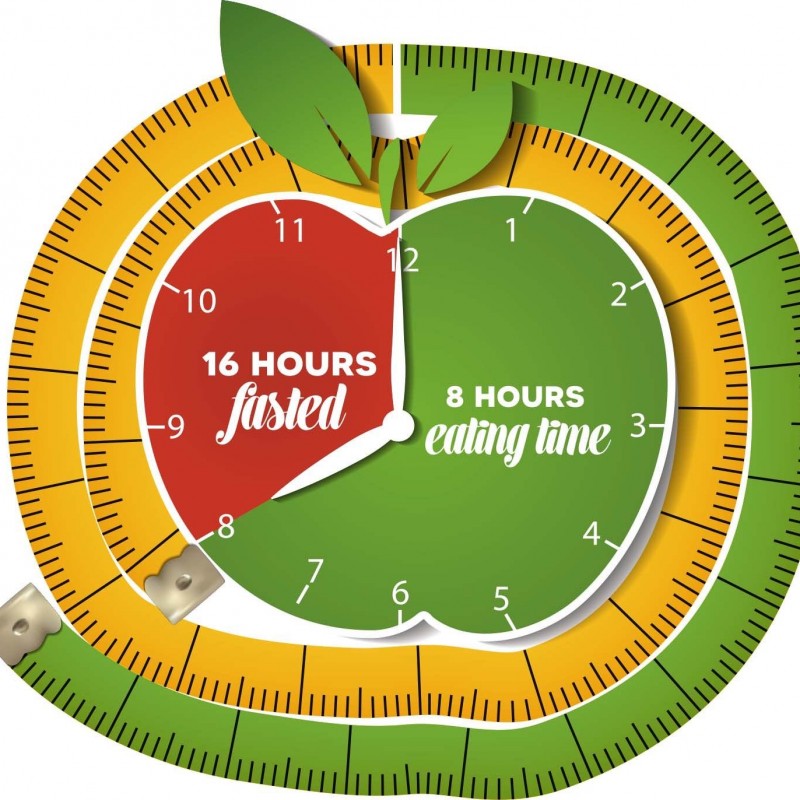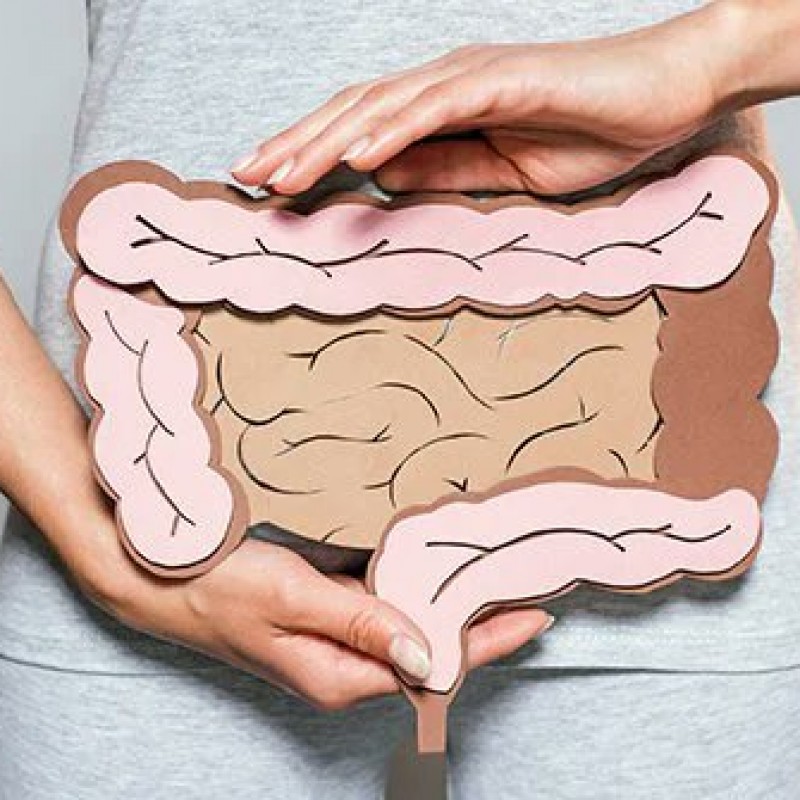Fatigue and its causes
From time to time, a person may feel some fatigue, and sometimes he may not know what caused it. In this episode, we review some of the causes of fatigue
Consumption of sugar and processed carbohydrates
Consuming these sugars causes a rapid rise in blood sugar. This causes the pancreas to produce a large amount of insulin to get the sugar out of the blood into the cells. This rise in blood sugar levels - and the subsequent fall - can leave you feeling fatigued.
Inactivity and lack of physical activity
It is the root cause of low energy, and many people say they are too tired to exercise. One explanation is chronic fatigue syndrome, which is characterized by extreme and unexplained tiredness on a daily basis. Being more active can help boost energy levels.
Not getting enough quality sleep
The body does many things during sleep, including storing memory and releasing hormones that regulate metabolism and energy levels. After a night of high-quality sleep, you usually wake up feeling refreshed, alert and energized. Therefore, lack of sleep leads to a feeling of tiredness and exhaustion.
Food sensitivities
Food allergy or intolerance usually causes symptoms such as a rash, digestive problems, a runny nose or headache. But fatigue is another symptom that is often overlooked. Common food intolerances include gluten, dairy, eggs, soy and corn.
Not eating enough calories
Calories are units of energy found in food. The body uses them to move around, provide energy for processes such as breathing, and maintain a constant body temperature. When you eat too few calories your metabolism slows down in order to conserve energy, which can cause fatigue.
Sleeping at the wrong time
Sleeping at the wrong time can reduce your energy. Sleeping during the day instead of at night disrupts your body's circadian rhythm, which is the biological changes that occur in response to light and darkness during a 24-hour cycle. This is a common problem among people who work shifts or work nights.
Not getting enough protein
Insufficient protein intake can contribute to fatigue. Eating protein has been shown to boost your metabolic rate more than carbohydrates or fats, and in addition to aiding weight loss, it may also help prevent fatigue, so be sure to include protein in your meal.
Dehydration
The numerous biochemical reactions that occur in the body every day lead to a loss of water that must be replaced. Dehydration occurs when you don't drink enough fluids to replace water lost in urine, stool, sweat and breathing. Even slight dehydration can lead to low energy levels.
Energy Drinks
Energy drinks are high in caffeine, sugar, and other ingredients that can provide a temporary energy boost, but often result in rebound fatigue.
High levels of stress and stress
Chronic stress can have a profound effect on energy levels and quality of life. Although some stress is normal, excessive levels of stress have been linked to fatigue. In addition, your response to stress can affect how tired you feel.


